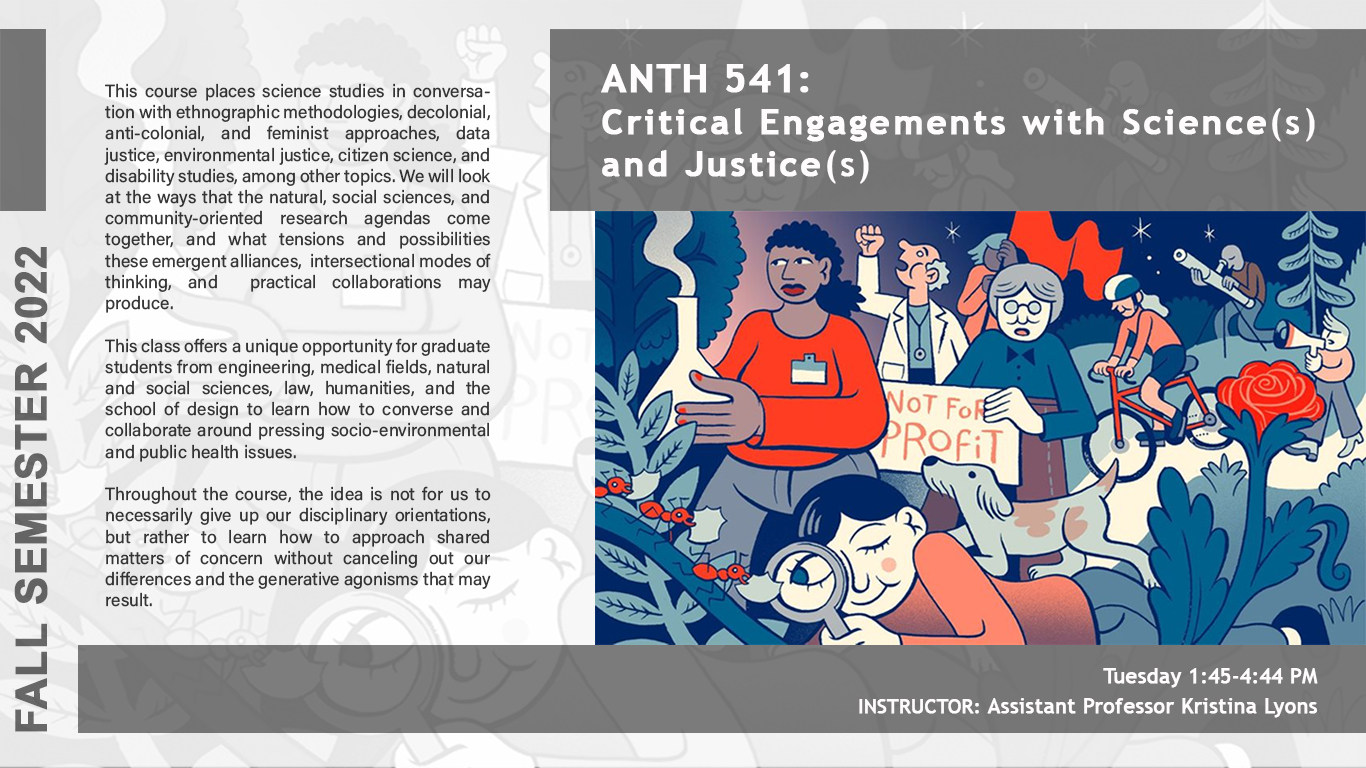Fall 2022
ENVS 1650
Howard Neukrug
T 5:15-8:15pm
This course will provide an overview of the cross-disciplinary fields of civil engineering, environmental sciences, urban hydrology, landscape architecture, green building, public outreach and politics. Students will be expected to conduct field investigations, review scientific data and create indicator reports, working with stakeholders and presenting the results at an annual symposium. There is no metaphor like water itself to describe the cumulative effects of our practices, with every upstream action having an impact downstream. In our urban environment, too often we find degraded streams filled with trash, silt, weeds and dilapidated structures. The water may look clean, but is it? We blame others, but the condition of the creeks is directly related to how we manage our water resources and our land. In cities, these resources are often our homes, our streets and our communities. This course will define the current issues of the urban ecosystem and how we move toward managing this system in a sustainable manner. We will gain an understanding of the dynamic, reciprocal relationship between practices in an watershed and its waterfront. Topics discussed include: drinking water quality and protection, green infrastructure, urban impacts of climate change, watershed monitoring, public education, creating strategies and more.
This course fulfills Natural Science Approaches to Environmental Inquiry requirement.
Fall 2022
PHYS 0016
Douglas J. Durian
TR 10:15 AM- 11:45 AM
The developed world's dependence on fossil fuels for energy production has extremely undesirable economic, environmental, and political consequences, and is likely to be mankind's greatest challenge in the 21st century. We describe the physical principles of energy, its production and consumption, and environmental consequences, including the greenhouse effect. We will examine a number of alternative modes of energy generation - fossil fuels, biomass, wind, solar, hydro, and nuclear - and study the physical and technological aspects of each, and their societal, environmental and economic impacts over the construction and operational lifetimes. No previous study of physics is assumed. Prerequisites: Algebra and Trigonometry. Target audience: Non-science majors (although science/engineering students are welcome).
This course fulfills Natural Science Approaches to Environmental Inquiry requirement.
Fall 2022
STSC 1880
M/W, 12:00-1:00pm + Friday recitation
This course is an introduction to the historical and social study of the human environment. One of its main objectives to develop a critical vocabulary for describing and analyzing the complex environmental challenges we face today. We will explore the historical roots of concepts such as “nature,” “environment,” “ecology,” and “the Anthropocene,” seeking to situate them in their social and cultural contexts and to excavate the assumptions that lie buried within them. We will also discuss major changes in human environments over the past several centuries, including imperialism, capitalism, industrialization, urbanization, and globalization, as well as the rise of the environmental movement. Finally, through class discussions, assignments, and exams, you will have the opportunity to develop your skills in critically reading a diverse range of textual and non-textual sources and in using them to craft well-organized and well-evidenced arguments.
This course fulfills Social Science Approaches to Environmental Inquiry requirement.
Fall 2022
GEOL 2300
Irina Marinov
Tuesday / Thursday 1:45-3:15pm
Public perceptions and attitudes concerning the causes and importance of globalwarming have changed. Global Climate Change provides a sound theoretical understanding of global warming through an appreciation of the Earth's climate system and how and why this has changed through time. We will describe progress in understanding of the human and natural drivers of climate change, climate pr0cesses and attribution, and estimates of projected future climate change. We will assess scientific, tehnical, and socio-economic information relevant for the understanding of climate change, its potential impacts and options for adaptation and mitigation.
Fall 2022
ANTH 541
Kristina Lyons
Tuesday 1:45-4:45 pm
This course places science studies in conversation with ethnographic methodologies, decolonial, anti-colonial, and feminist approaches, data and environmental justice, citizen science and disability studies, among other topics. We will be looking at the ways that the natural, social sciences, and community-oriented research agendas come together, and what tensions and possibilities these emergent alliances, intersectional modes of thinking, and practical collaborations may produce. This class offers a unique opportunity for graduate students from engineering, medical fields, the natural and social sciences, law, humanities, and the school of design to learn how to converse and collaborate around pressing socio-environmental and public health issues. Aspirations for justice and the possibilities for evidence making require translation across different practices, temporalities and scales; negotiations with the forces of economic structures; and endurance within colonial legacies, as well as situations of everyday militarization and social conflict. Throughout the course, the idea is not for us to necessarily give up our disciplinary orientations, but rather to learn how to approach shared matters of concern without canceling out our differences and the generative agonisms that result from collaborative experimentation and practice-oriented approaches.

Fall 2022
GRMN 1160
Bethany Wiggin
TR 1:45-3:14 PM
This seminar explores how the humanities can contribute to discussions of sustainability. We begin by investigating the contested term itself, paying close attention to critics and activists who deplore the very idea that we should try to sustain our, in their eyes, dystopian present, one marked by environmental catastrophe as well as by an assault on the educational ideals long embodied in the humanities. We then turn to classic humanist texts on utopia, beginning with More's fictive island of 1517. The "origins of environmentalism" lie in such depictions of island edens (Richard Grove), and our course proceeds to analyze classic utopian tests from American, English, and German literatures. Readings extend to utopian visions from Europe and America of the nineteenth and twentieth centuries, as well as literary and visual texts that deal with contemporary nuclear and flood catastrophes. Authors include: Bill McKibben, Jill Kerr Conway, Christopher Newfield, Thomas More, Francis Bacon, Karl Marx, Henry David Thoreau, Robert Owens, William Morris, Charlotte Perkins Gilman, Ayn Rand, Christa Wolf, and others.
Cross-listed: STSC 1160, ENVS 1050, ENGL 1579, COML 1160
